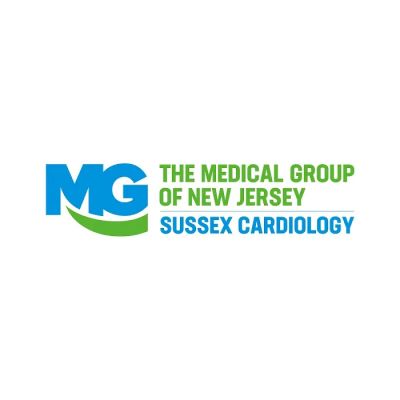- Understanding-High-Blood-Pressure-and-Its-Impact-on-Heart-Health
- Lifestyle-Changes-to-Prevent-Heart-Disease-and-Manage-Hypertension
- Real-Life-Examples-and-Professional-Insights-into-Prevention-Success
1. Understanding High Blood Pressure and Its Impact on Heart Health
High blood pressure, or hypertension, is often called the “silent killer” because it can quietly damage the heart and blood vessels without obvious symptoms. When blood pressure remains elevated over time, it forces the heart to work harder to pump blood, leading to increased strain on the cardiovascular system. This persistent pressure can cause damage to artery walls, promote plaque buildup, and eventually lead to heart disease, including heart attacks and heart failure.
It is crucial to recognize that hypertension is one of the most significant risk factors for heart disease prevention. Without proper management, high blood pressure accelerates the progression of cardiovascular problems, increasing the chance of severe complications. The relationship between high blood pressure and heart disease is well-documented, highlighting the importance of early detection and consistent control.
Understanding the mechanisms of how high blood pressure affects heart health helps emphasize the need for proactive measures. For example, elevated blood pressure increases the workload on the left ventricle, which can thicken and become less efficient over time—a condition known as left ventricular hypertrophy. This change can reduce the heart’s pumping ability and increase the risk of arrhythmias and sudden cardiac events.

2. Lifestyle Changes to Prevent Heart Disease and Manage Hypertension
Effective prevention and management of high blood pressure hinge largely on adopting sustainable lifestyle changes. While medication may be necessary for many individuals, incorporating healthy habits can significantly reduce the risk of heart disease and improve overall cardiovascular health.
Atlanta Heart Specialists
atlanta heart specialists
4375 Johns Creek Pkwy #350, Suwanee, GA 30024, USA

2.1 Nutrition and Diet
A heart-healthy diet is fundamental in managing blood pressure. Emphasizing fruits, vegetables, whole grains, and lean proteins while minimizing salt intake can help regulate blood pressure levels. The DASH diet (Dietary Approaches to Stop Hypertension) is specifically designed to lower blood pressure through nutrient-rich foods that are low in sodium and saturated fats.
2.2 Regular Physical Activity
Exercise strengthens the heart muscle and improves circulation, which can help lower blood pressure naturally. Engaging in at least 150 minutes of moderate aerobic activity per week—such as brisk walking, cycling, or swimming—can make a profound difference in reducing hypertension and enhancing heart health.
2.3 Stress Management
Chronic stress contributes to elevated blood pressure by triggering hormonal responses that constrict blood vessels. Mindfulness techniques, meditation, and deep breathing exercises are effective tools for managing stress and supporting heart disease prevention efforts.
2.4 Avoiding Harmful Habits
Limiting alcohol consumption and quitting smoking are critical steps in reducing cardiovascular risk. Both habits damage blood vessels and increase blood pressure, thereby undermining efforts to protect heart health.
For those seeking personalized products and services that support hypertension management and heart disease prevention, HeartCare Hub offers a curated selection of resources tailored to individual needs.
3. Real-Life Examples and Professional Insights into Prevention Success
Consider the story of John, a 52-year-old man diagnosed with stage 1 hypertension. Initially dismissing his diagnosis, John experienced fatigue and occasional chest discomfort. After learning about the risks, he committed to lifestyle changes—adopting the DASH diet, walking daily, and reducing stress through yoga.
Within six months, John’s blood pressure dropped significantly, and he avoided starting medication. His cardiologist praised the progress and emphasized that consistent lifestyle habits can be powerful in heart disease prevention.
Professional insights confirm that combining lifestyle changes with regular medical checkups is the most effective way to control high blood pressure and reduce heart disease risk. Studies show that individuals who actively manage their hypertension through diet and exercise have a markedly lower incidence of heart attacks and strokes compared to those relying solely on medication.
This holistic approach, which integrates medical guidance with sustainable lifestyle adjustments, is what HeartCare Hub champions. We strive to provide our visitors with access to expert advice, quality products, and supportive services tailored to their cardiovascular health journey.






















Deborah Heart and Lung Center
deborah heart and lung center
200 Trenton Rd, Browns Mills, NJ 08015, USA